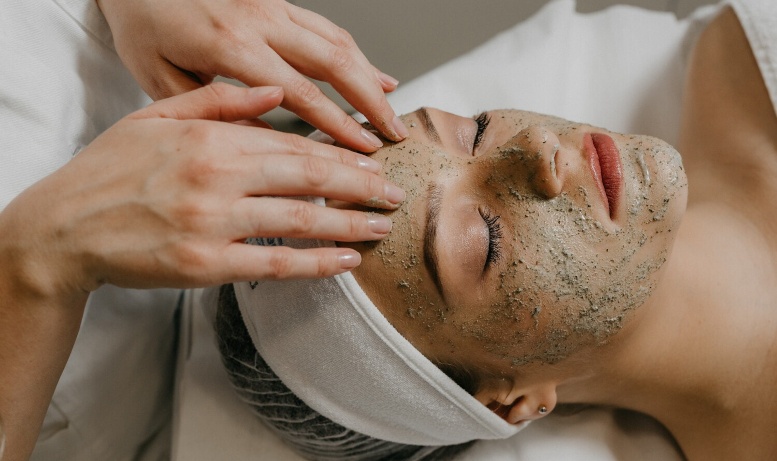Thailand appears to be clearing the way for industrial hemp as the Narcotics Control Committee (NCC) agreed to remove cannabis from the country’s list of controlled substances but said plant parts containing more than 0.2% THC are still narcotics.
While the policy change will allow all parts of THC-compliant cannabis to be bought, sold and used, recreational marijuana remains illegal as cannabis plants and extracts with higher THC levels are still regulated, said Chaiwat Sowcharoensuk, an analyst at Bangkok-based Krungsri Research.
On what has been a bumpy and uncertain road for cannabis in Thailand, the NCC announcement appears to reverse a policy announced by the committee two years ago when it said it would allow THC in hemp plants up to a full 1.0% by dry weight. That announcement, made in December 2019, presumably revoked and replaced previously considered rules which had variably been reported as setting the THC limit for hemp at maximum 0.1%, 0.2% or 0.3%.
Who’ll benefit
The changes announced this month will allow cosmetics, skincare, hair care and other producers to include flower-derived CBD and other cannabinoids in their formulas in one of southeast Asia’s largest markets for personal care products.
“Producers of soaps, beauty products and cosmetics . . . will likely be the ones to benefit the most from the decriminalization,” Sowcharoensuk said.
While growing in popularity among Thais, CBD is not as common in Thailand as it is in other countries. Products can be found in natural health and alternative medicine stores, and are available online.
Demand for organic
But a study by the Hong Kong Trade and Development Council (HKTDC) last year found that consumers’ priorities are shifting “towards a holistic approach to health and the environment,” with demand for organic and natural skincare and cosmetics on the rise. HKTDC suggested brands can command higher prices if they target the premium and specialty sectors with natural and organic skincare, makeup and haircare products.
Overall, HKTDC found that the affluent Thai middle class has “an insatiable appetite for fresh new beauty products” as overall planned personal care spending by consumers expands steadily. HKTDC said growth of the market is being driven by social media, which has given sellers the ability to target more focused consumer segments.
$4.2 billion market
Researcher Statista.com estimates the Thai personal care market reached $4.2 billion in 2021, and projected growth at a rate of 5.5% through 2025. Exports are currently running at about $2.4 billion, Statista reported, as producers move aggressively to establish Thai cosmetics and skincare products in other markets.
Thailand’s Public Health Ministry removed hemp seeds and oils from the country’s list of controlled substances in 2019, essentially making CBD legal to import and sell. The ministry started allowing hemp to be used in cosmetics production under a notice issued in January 2021, although at the time producers were limited to seed derivatives because flowers remained on Thailand’s narcotics schedules.
Home-grown . . . hemp
The new policy delisting cannabis with less than 0.2% THC (hemp) awaits the signature of the Thai health minister, and would go into effect 120 days after its publication in the official government gazette.
While some news outlets reported the new policy would allow individual home growing of “cannabis” – Reuters reported the changes as “paving the way for households to grow the plant” – under strict interpretation of the law, those home growers would only be able to grow industrial hemp plants.
Thailand became the first East Asian nation to legalize and set regulations for medical marijuana in 2018, allowing doctors to issue prescriptions.

